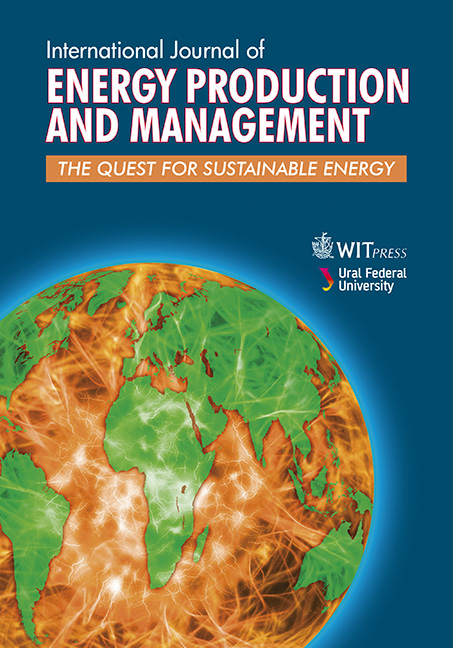Agent-based modelling of electricity access in informal settlements in South Africa
Price
Free (open access)
Volume
Volume 7 (2022), Issue 2
Pages
12
Page Range
114 - 126
Paper DOI
10.2495/EQ-V7-N2-114-126
Copyright
WIT Press
Author(s)
Daniel Kerr, Richard Snape & Graeme Stuart
Abstract
In the latter half of the 20th century and the first decades of the 21st century, urbanisation in developing countries has increased dramatically. Across the developing world, urban populations have been rising rapidly, and the capacity of national and municipal governments to service these growing populations has not been able to keep pace with rising demand. This has led to a rise in informal access to services and the development of informal settlements. Defining informal habitation is complex, but some com- mon features are a lack of access to the formal services of the city, be that water, sanitation, electricity, or housing services. Across the developing world, growth in informal settlements has accompanied urban population growth: 1.03 billion people in 2018 lived in informal settlements, according to the United Nations, 233 million of whom live in Sub-Saharan Africa. For the United Nations Sustainable Development Goal 11 (SDG11), to be achieved by 2030, access to urban services needs to be acceler- ated. South African electricity services in urban informal settlements have seen significant development over the past decade, with programs such as the Upgrading Informal Settlements Program (UISP) ‘giv- ing priority to the provision of basic services and functional tenure’. However, access to services is still a challenge in many informal settlement communities, and illegal access to basic services, particularly electricity, remains high. This research uses a novel agent-based modelling methodology to determine which factors affect most strongly the incidences of illegal access to electricity, as well as the main drivers and barriers to greater formal access to electricity in informal settlements in South Africa. Access to capital, political economy barriers, and technical challenges contribute to high incidences of illegal access, and addressing these barriers will lead to higher formal access rates and more reliable electricity services for residents.
Keywords
agent-based modelling, electricity, electricity theft, electrification, informal settlements, South Africa, urbanisation.




